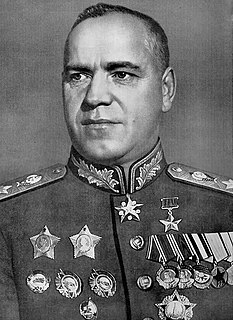A Quote by Mary Wollstonecraft Shelley
The labours of men of genius, however erroneously directed, scarcely ever fail in ultimately turning to the solid advantage of mankind.
Related Quotes
No religion ever appeared in the world whose natural tendency was so much directed to promote the peace and happiness of mankind. It makes right reason a law in every possible definition of the word. And therefore, even supposing it to have been purely a human invention, it had been the most amiable and the most useful invention that was ever imposed on mankind for their good.
Hence it is that such democracies have ever been spectacles of turbulence and contention; have ever been found incompatible with personal security or the rights of property; and have in general been as short in their lives as they have been violent in their deaths. Theoretic politicians, who have patronized this species of government, have erroneously supposed that by reducing mankind to a perfect equality in their political rights, they would, at the same time, be perfectly equalized and assimilated in their possessions, their opinions, and their passions.
Procrustes in modern dress, the nuclear scientist will prepare the bed on which mankind must lie; and if mankind doesn’t fit—well, that will be just too bad for mankind. There will have to be some stretching and a bit of amputation—the same sort of stretching and amputations as have been going on ever since applied science really got going into its stride, only this time they will be a good deal more drastic than in the past. These far from painless operations will be directed by highly centralized totalitarian governments.
It is characteristic of genius to be hopeful and aspiring. It is characteristic of genius to break up the artificial arrangements of conventionalism, and to view mankind in true perspective, in their gradations of inherent rather than of adventitious worth. Genius is therefore essentially democratic, and has always been so.
Were the judgments of mankind correct, custom would be regulated by the good. But it is often far otherwise in point of fact; for, whatever the many are seen to do, forthwith obtains the force of custom. But human affairs have scarcely ever been so happily constituted as that the better course pleased the greater number. Hence the private vices of the multitude have generally resulted in public error, or rather that common consent in vice which these worthy men would have to be law.
It reflects no great honor on a painter to be able to execute only one thing well -- such as a head, an academy figure, or draperies, animals, landscapes, or the like -- in other words, confining himself to some particular object of study. This is so because there is scarcely a person so devoid of genius as to fail of success if he applies himself earnestly to one branch of study and practices it continually.






































